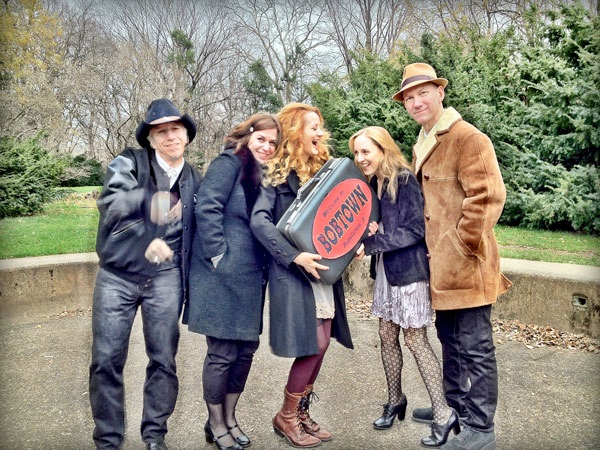
Washington helped popularize it, its lyrics were printed in Black newspapers and it was selected as the official song of the NAACP. “The school children of Jacksonville kept singing it, they went off to other schools and sang it, they became teachers and taught it to other children,” Johnson recalled in 1935. It was sung by 500 schoolchildren at the event, but the Johnson brothers didn’t think it would ever spread beyond that. Instead of a speech, he wrote a poem, which his brother then set to music. In 1900, while serving as a school principal in Jacksonville, Johnson was asked to speak at a celebration of Abraham Lincoln’s birthday. Rosamond Johnson, also together wrote about 200 songs for Broadway musicals. He was the leader of the NAACP for 10 years, the first Black professor hired by New York University, and the U.S. Among other vocations, Johnson was a lawyer, a teacher, a poet, a diplomat and a civil rights organizer. The lyrics were written by James Weldon Johnson – a Black man from Jacksonville, Florida, who became a leader in the Harlem Renaissance. Despite its description as a hymn in Clyburn’s bill and its inclusion in hymnals, its origins are secular. The song’s lyrics are not overtly Christian, but they do mention God and heaven several times. But putting as a national hymn is where I am having trouble in terms of trying to encourage inclusivity and honoring of all of our nation.” Mally Lloyd pointed out during the discussion on the resolution. And it’s a song of praise to God,” the Rev. “A hymn is inherently Christian, by definition by the Encyclopedia Britannica.

Though the resolution passed, it prompted some debate about whether it was appropriate for a secular nation to have a national hymn – especially in light of the church’s efforts to counter rising Christian nationalism. “I see this resolution, and this attempt in Congress, as a way to accept – on the part of this whole country – an offering of an important poem and song to all the American people, just like Black Episcopalians offered this song to The Episcopal Church,” said Byron Rushing, the vice president of the House of Deputies who sponsored the Executive Council resolution, at the meeting. James Clyburn that would make “Lift Every Voice and Sing” the official national hymn. It was then included in the standard 1982 hymnal, which helped introduce the song to a wider audience.Īt its most recent meeting in June, The Episcopal Church Executive Council passed a resolution supporting a bill introduced earlier this year by U.S. The song was included in the original version of the eponymous Episcopal hymnal compiling African American spirituals, which was originally released in 1981 as a supplement to the 1940 hymnal.


national hymn.ĭespite being a beloved African American anthem, “Lift Every Voice and Sing” was little known outside Black communities until the 1980s, when Black Lutheran and Episcopalian musicians pressed for its inclusion in their denominations’ hymnals. “Lift Every Voice and Sing,” sung by generations of African Americans as a tribute to their struggles and triumphs, was introduced to white American Christians by Episcopalians and Lutherans 40 years ago, and a congressional bill endorsed by The Episcopal Church now proposes designating it as the U.S. As the song known as the “Black national anthem” achieves wider recognition in the United States, its significance is also being celebrated in The Episcopal Church. Photo: Yale Collection of American Literature, Beinecke Rare Book and Manuscript Library


 0 kommentar(er)
0 kommentar(er)
